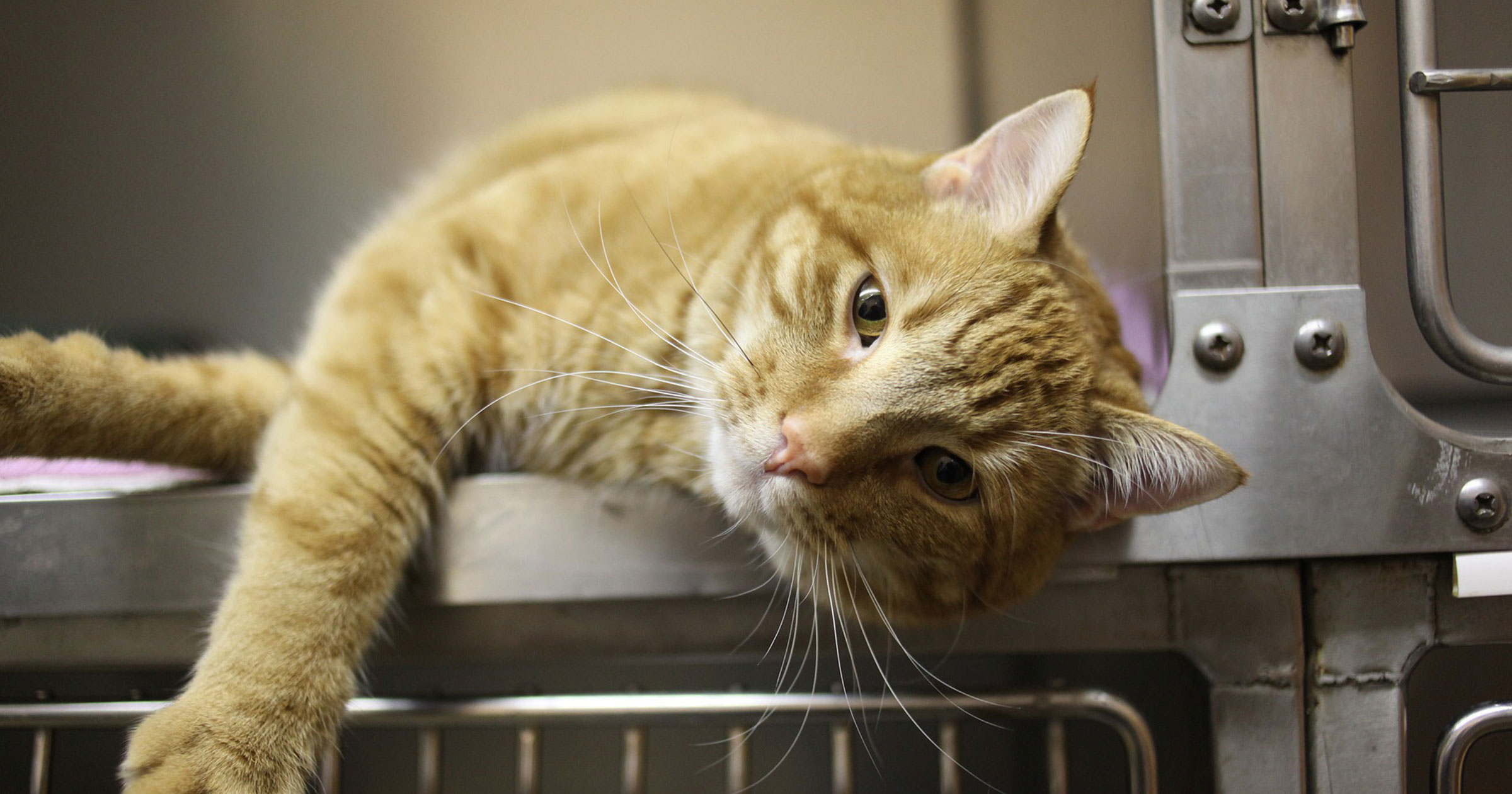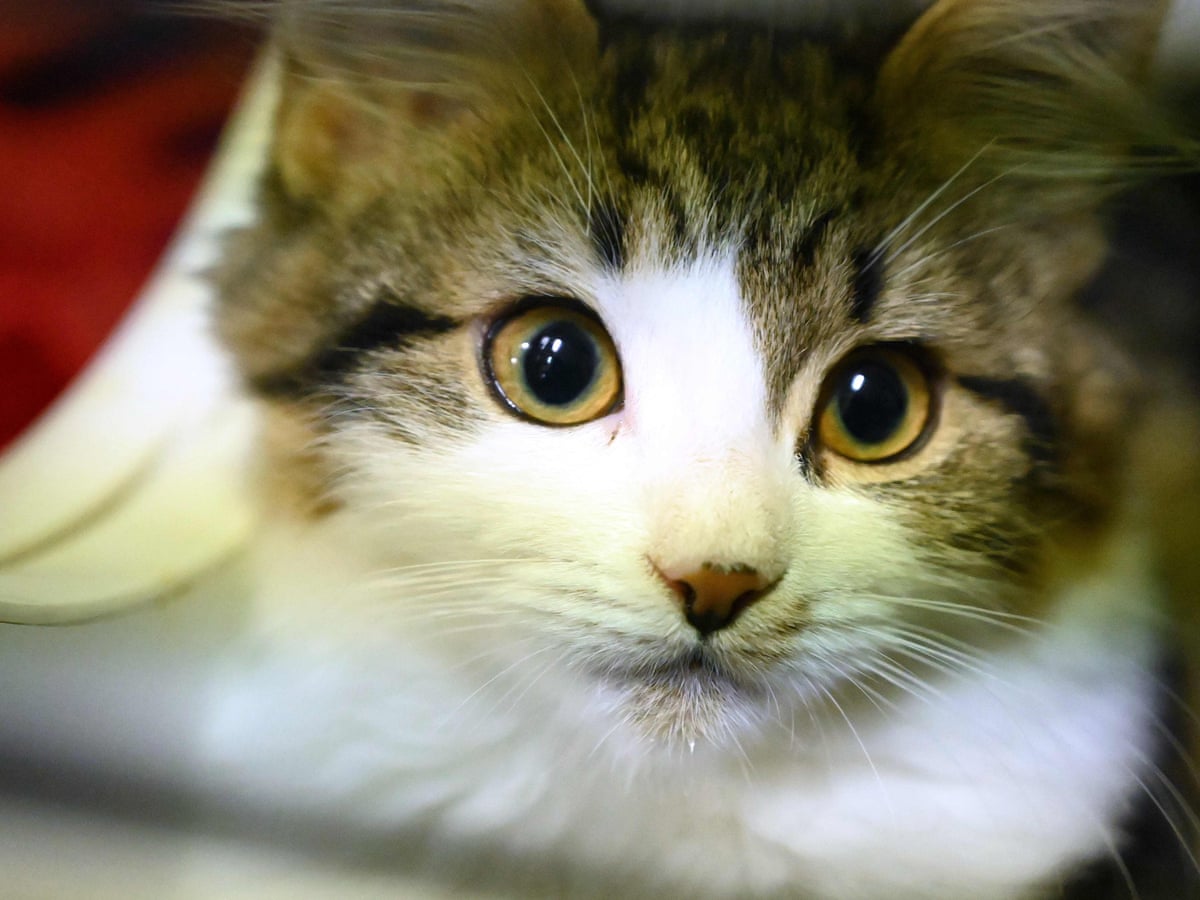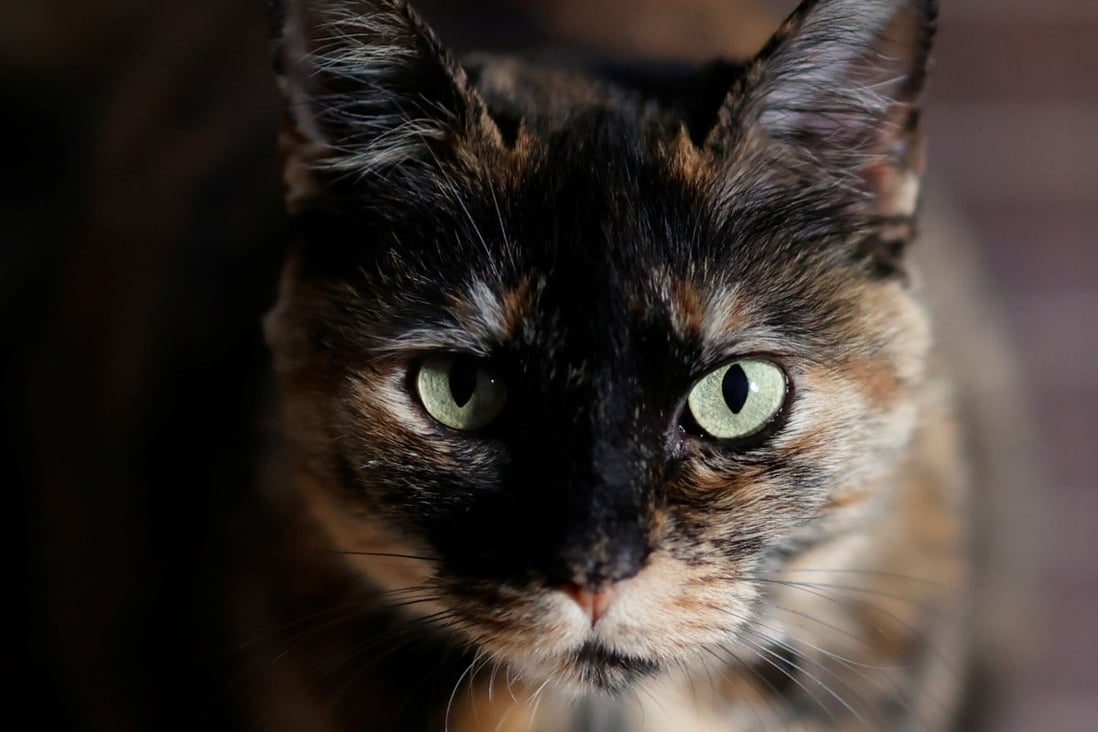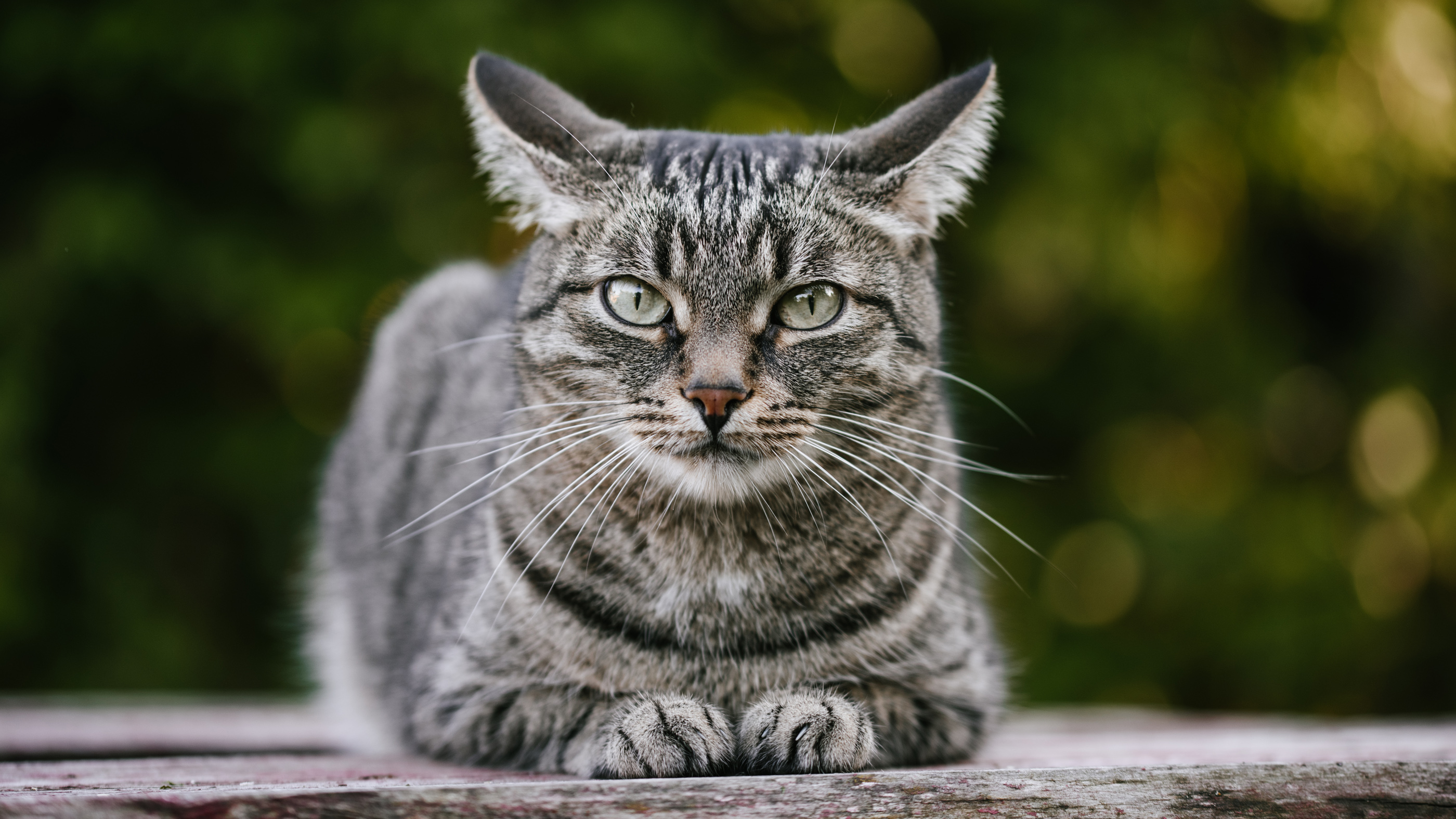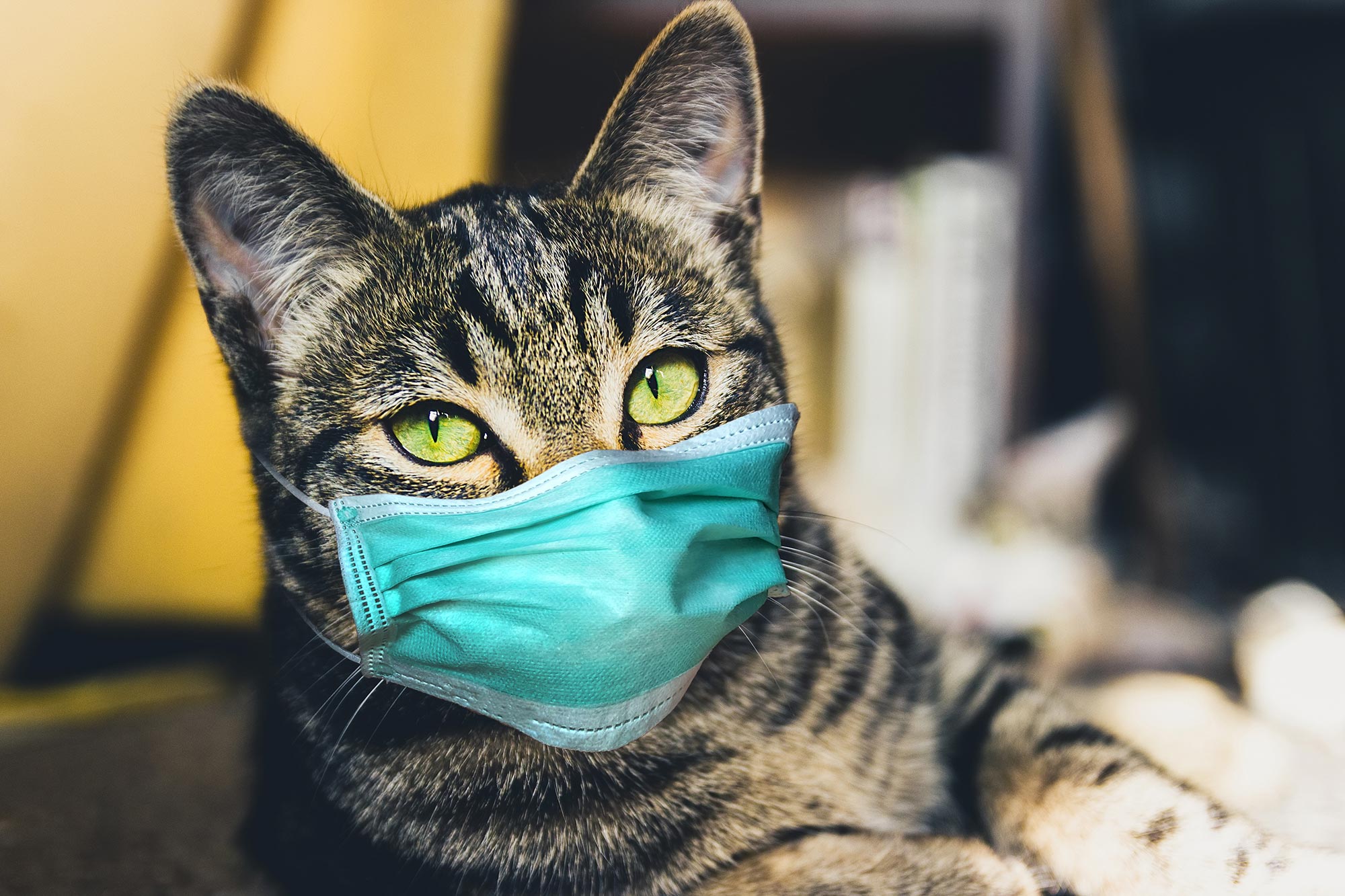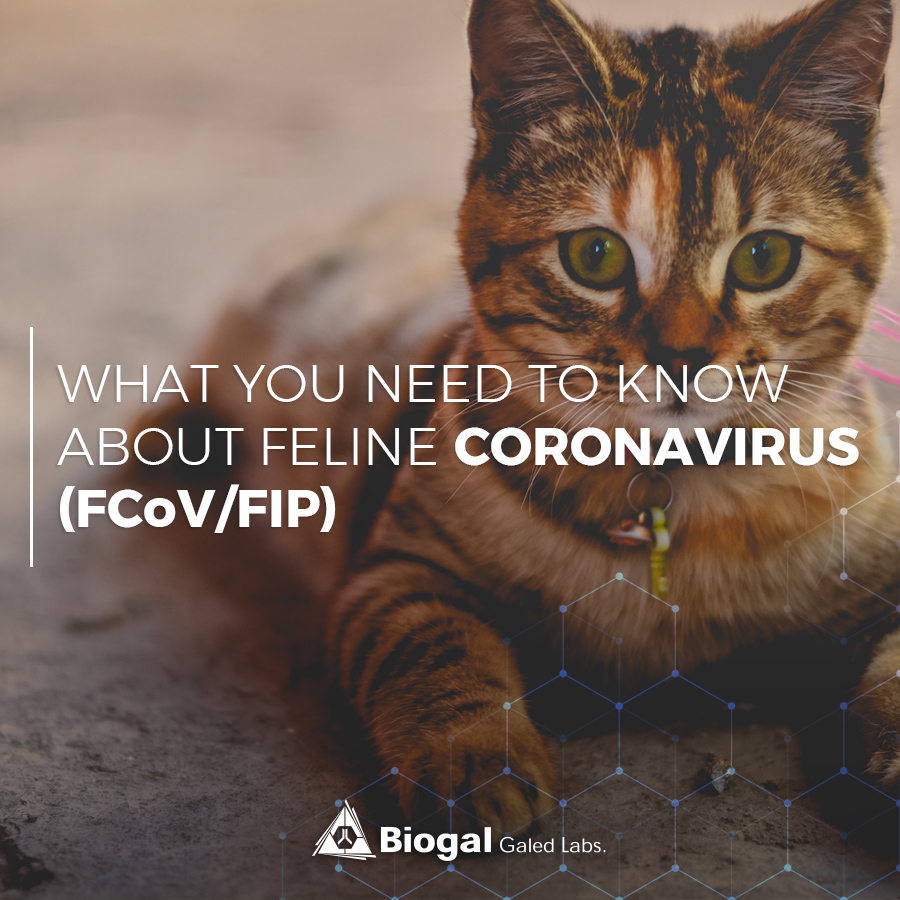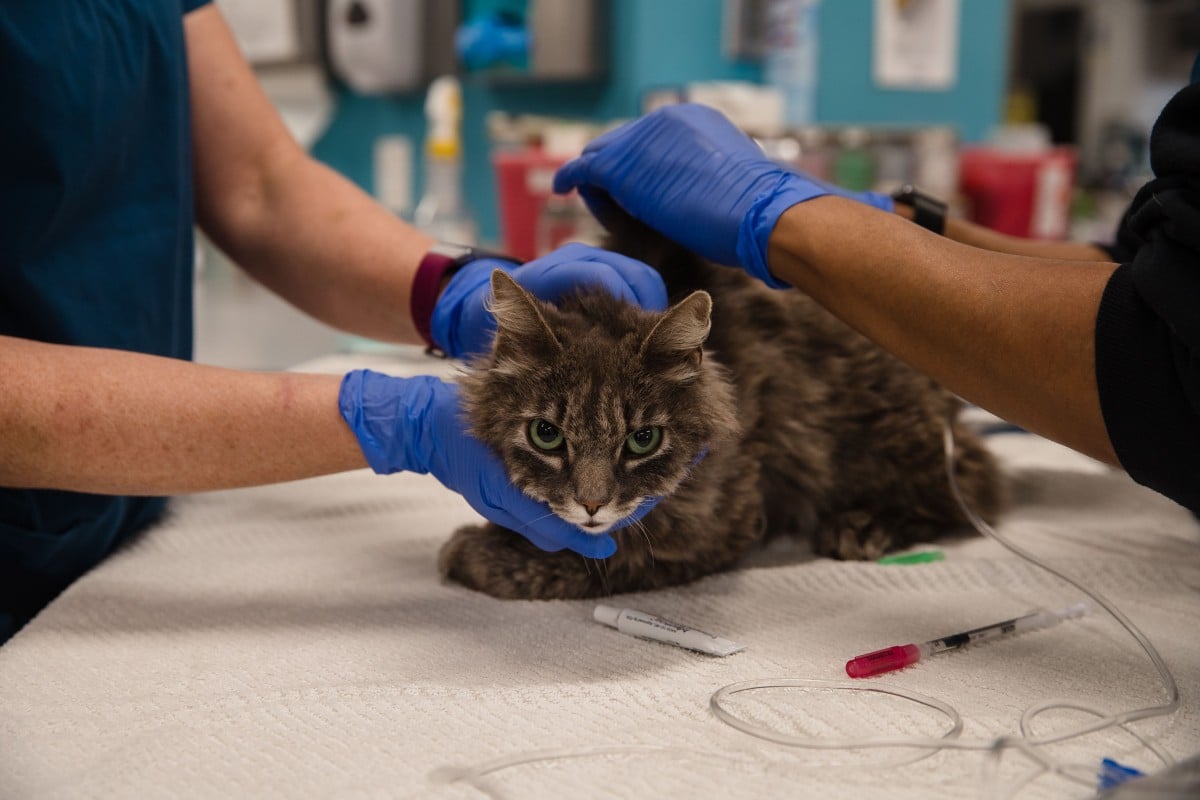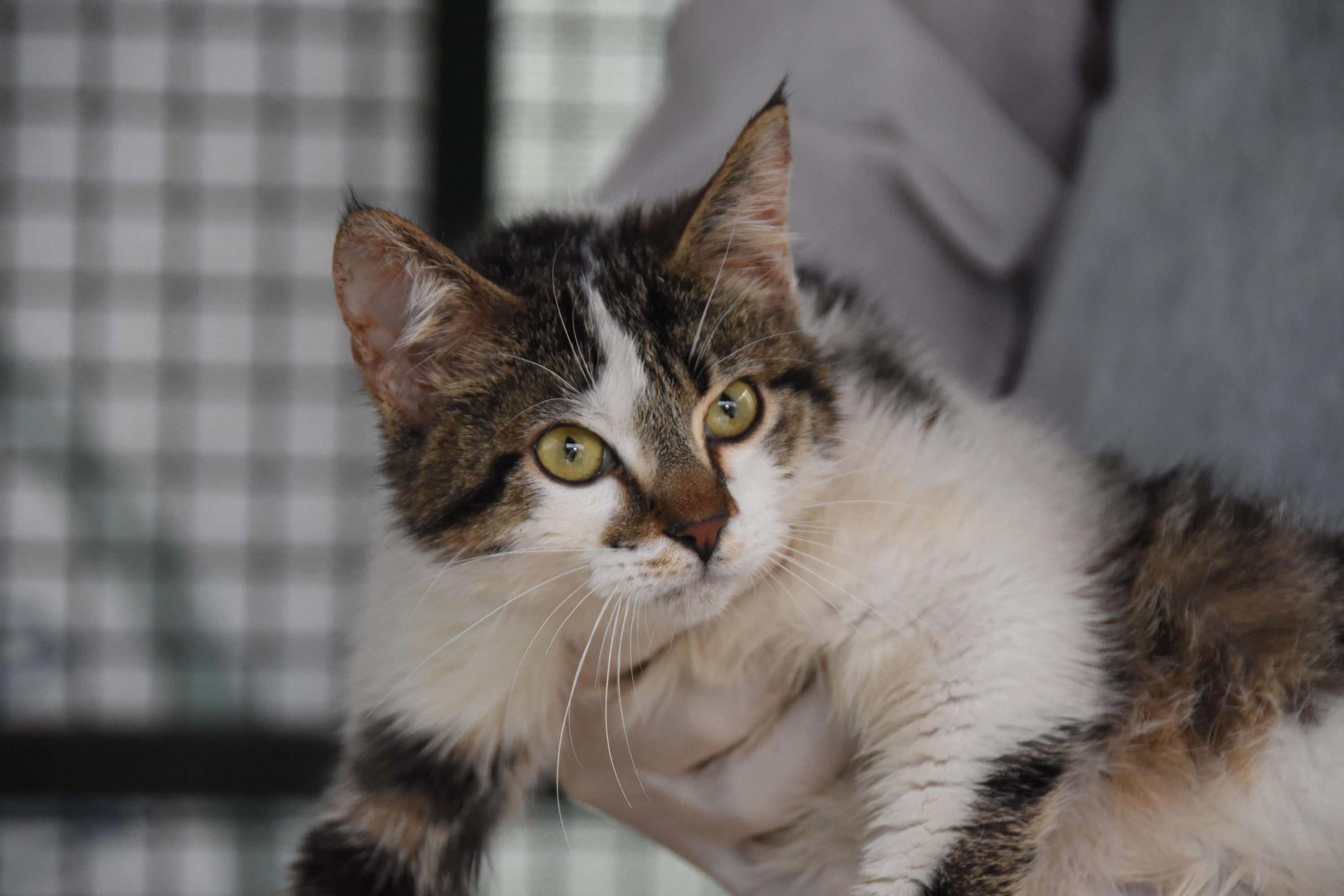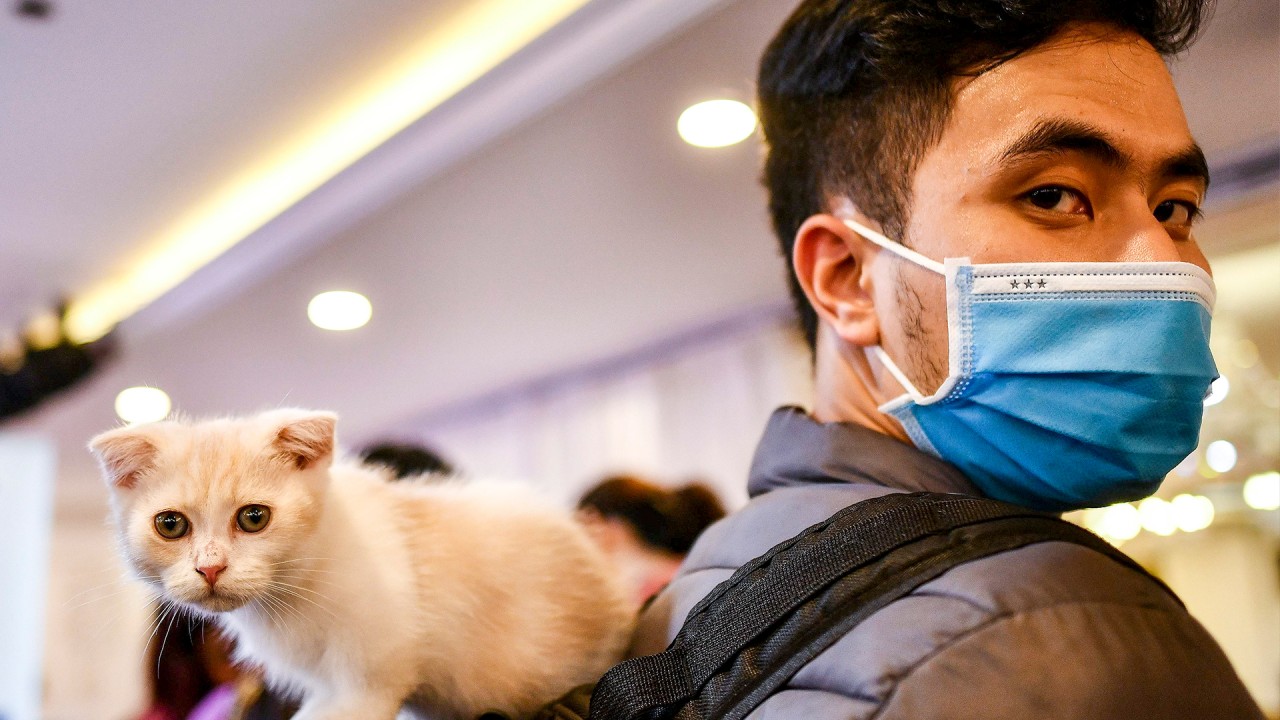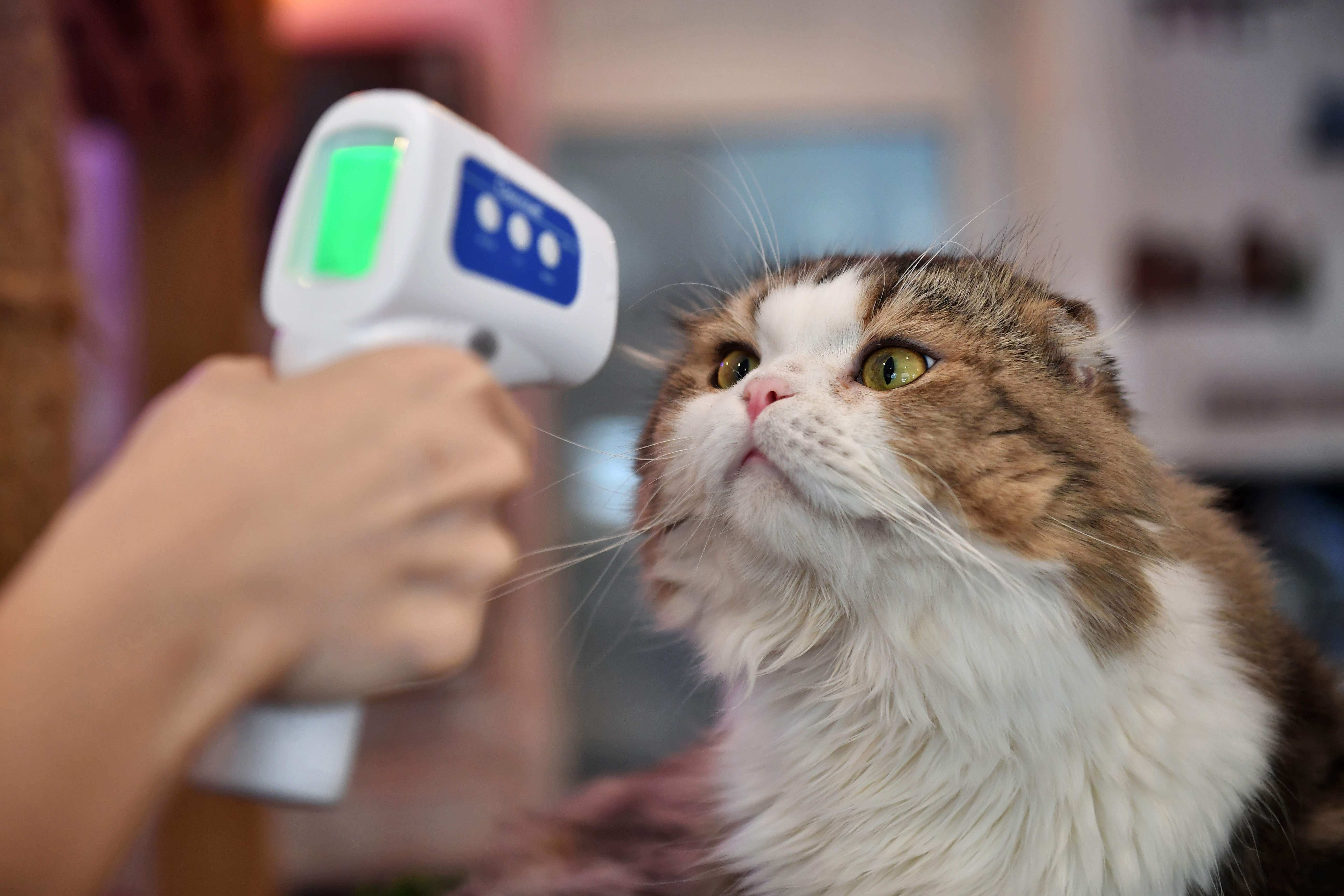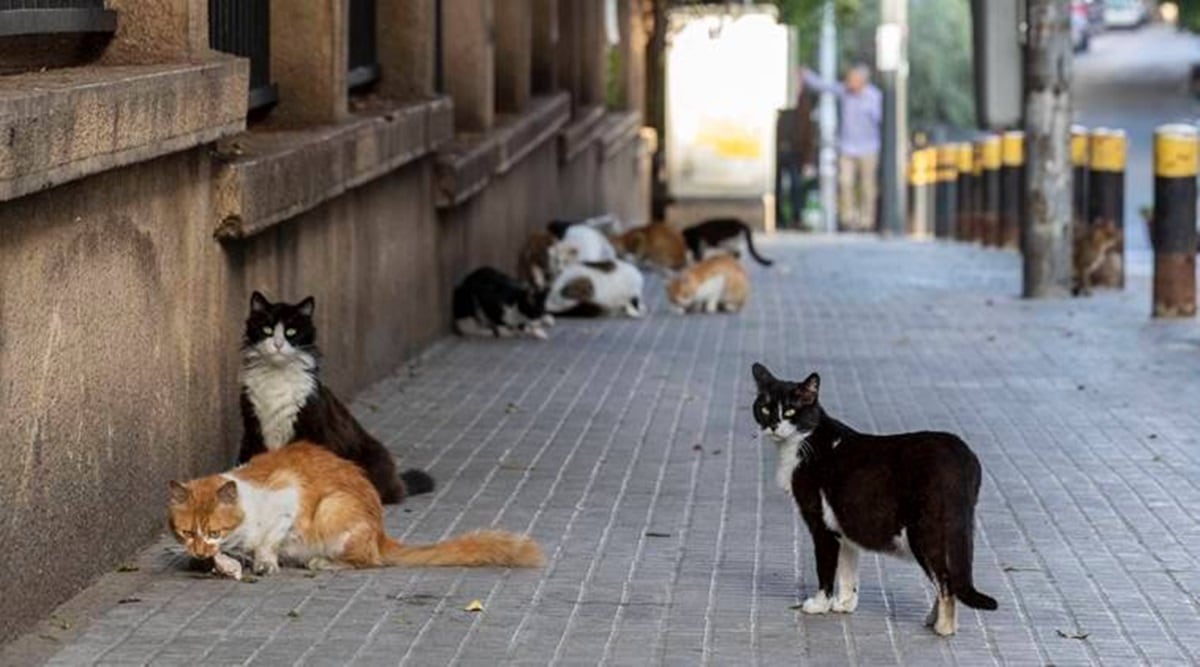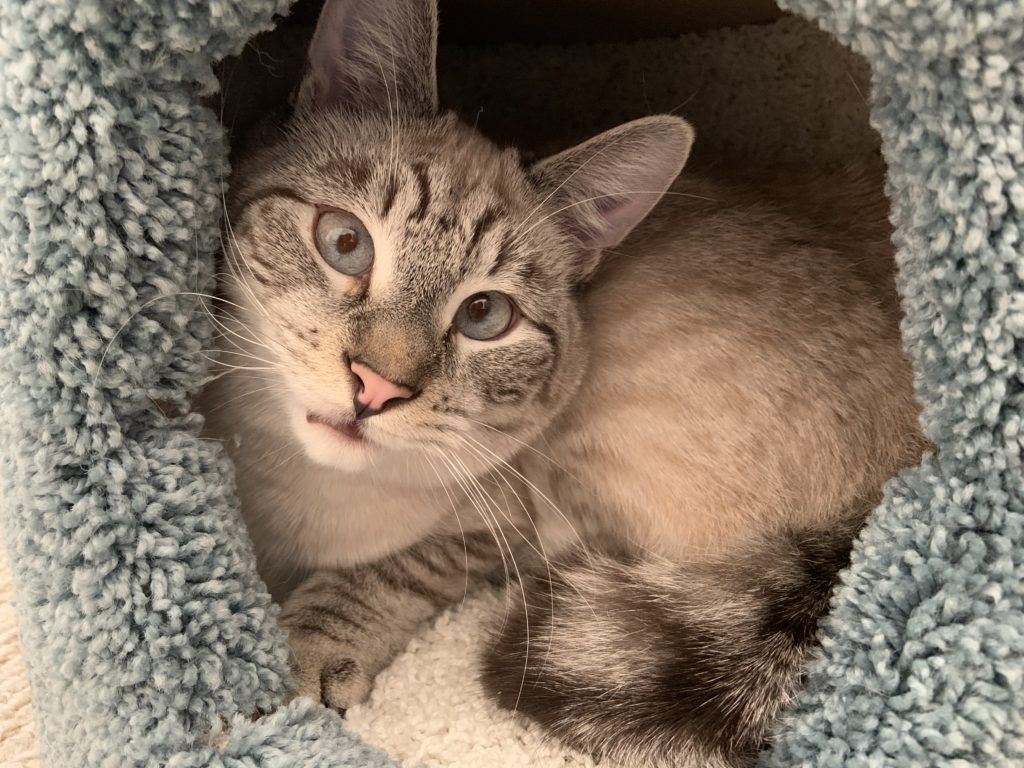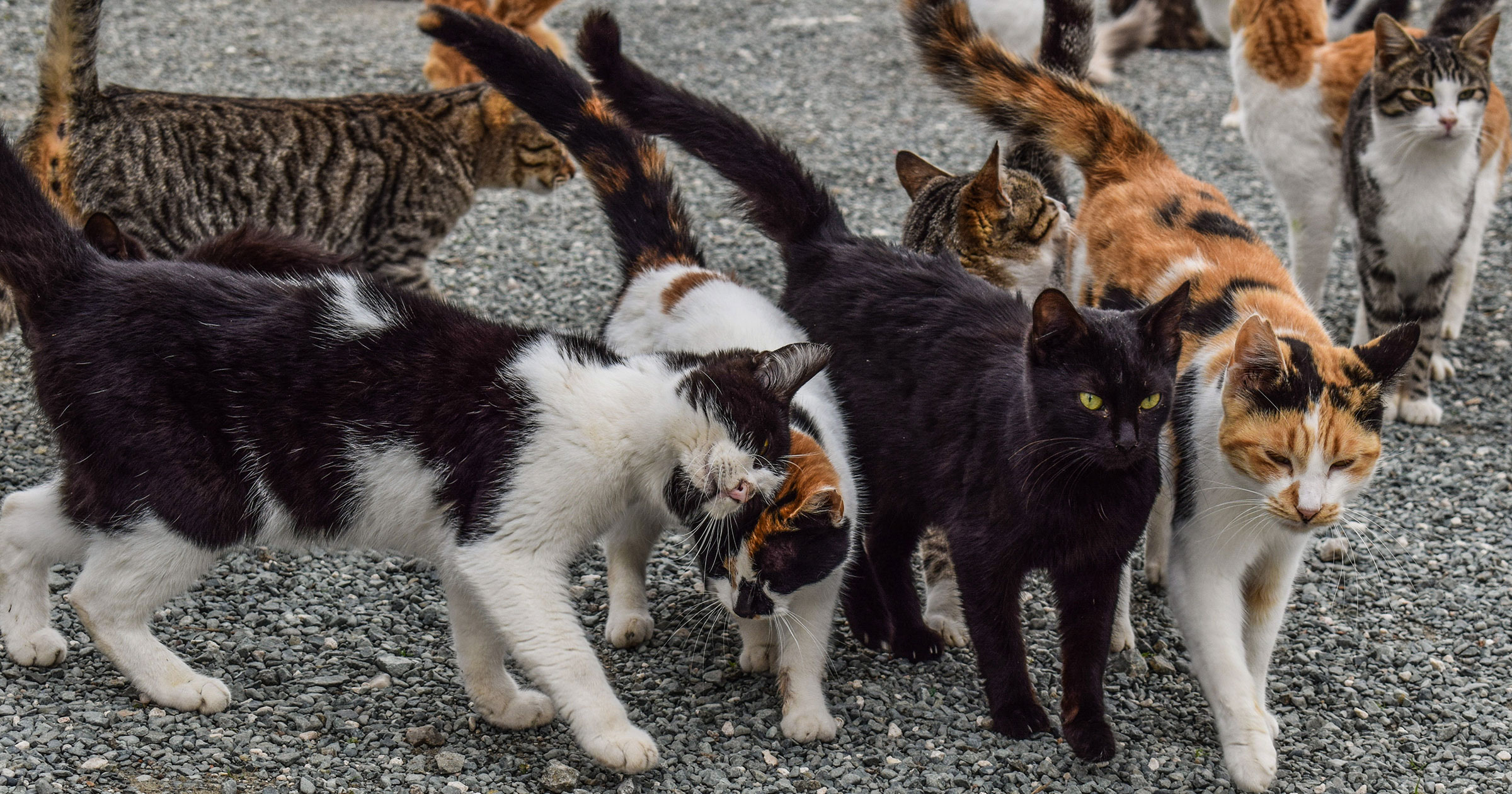Cats And Coronavirus Symptoms
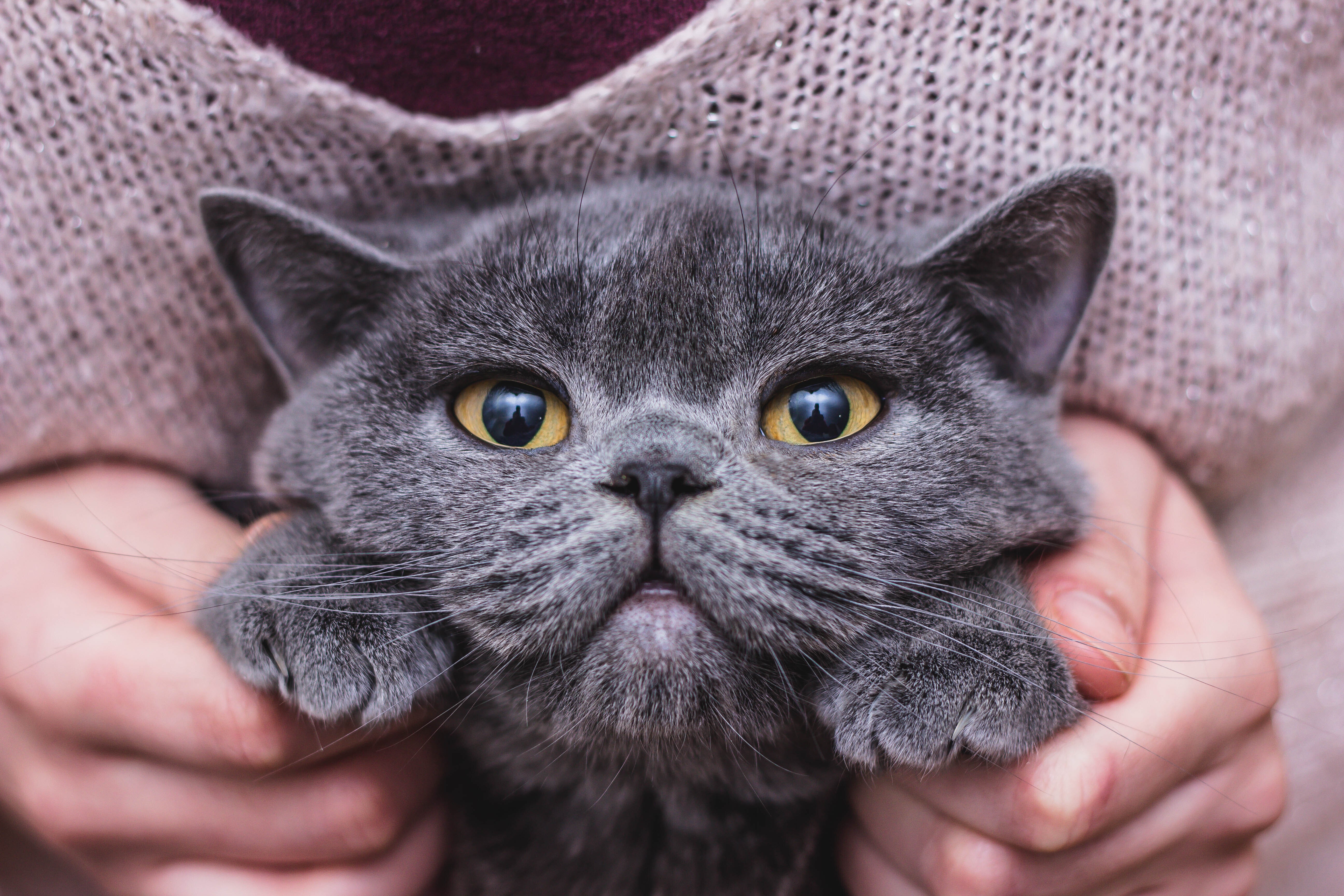
What if my pet shows symptoms coughing fever chills of human coronavirus COVID-19.
Cats and coronavirus symptoms. If possible keep your cat indoors if they are happy to be kept indoors. Animals reported infected include. Most infected pets were found to be asymptomatic or displayed mild Covid symptoms.
The first signs of illness following infection from the feline infectious peritonitis virus can show after just a few days or only several months later. What to do if you think your cat has COVID-19. What are the symptoms of coronavirus in cats.
It generally causes asymptomatic infection but can cause mild diarrhea. Both cats had mild respiratory symptoms and are expected to recover. The most common human symptoms are a high temperature a new continuous cough or a loss or change to your sense of smell or taste.
This infection can affect the brain liver kidneys lungs and skin. Symptoms of coronavirus in cats. If youve been diagnosed with are suspected of having or are displaying characteristic symptoms of coronavirus COVID-19 it is advisable to minimise the amount of time your cat spends outdoors unsupervised.
If your pet shows any signs of illness such as coughing sneezing or lethargy call or text your veterinarian to arrange treatment. As yet poorly understood changes in the virus can give rise to mutants that lead to the development of feline infectious peritonitis FIP. Experts advise coronavirus-infected households to keep their pet cats indoors.
Feline Coronavirus FCoV is a common viral infection in cats. Most of these animals became infected after contact with people with COVID-19 including owners caretakers or others who were in close contact. If your pet is experiencing respiratory symptoms or other nonspecific symptoms such as lethargy or not wanting to eat or drink then contact your veterinarian for further guidance.

